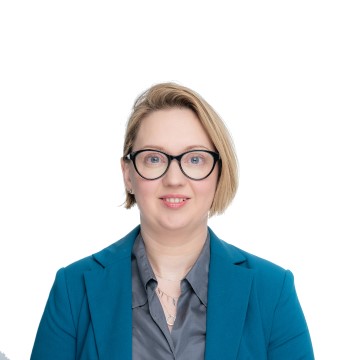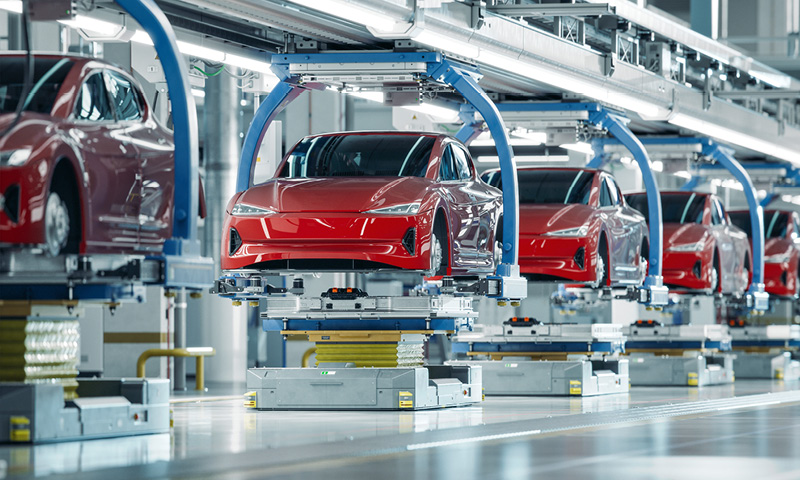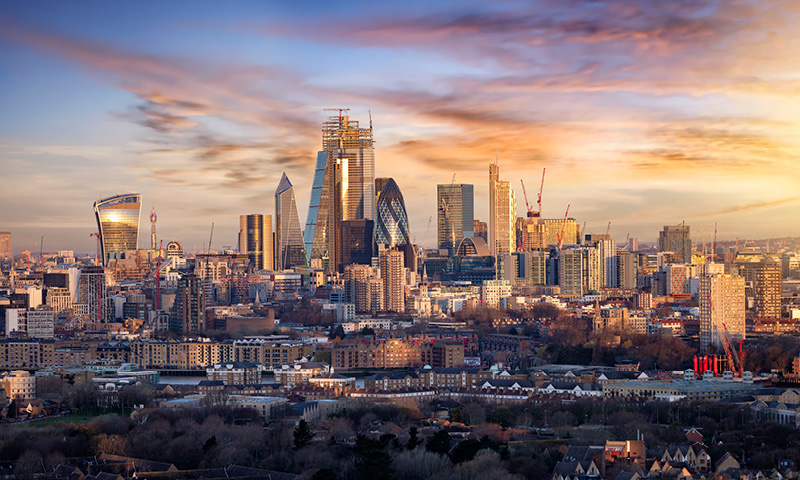25 January 2022
One hundred of the world’s richest people have written an open letter to the World Economic Forum encouraging governments to tax them more heavily as “few if any of us can honestly say that we pay our fair share in taxes”. Published alongside the letter is analysis into international wealth inequality by the Fight Inequality Alliance, Institute for Policy Studies, UK branch of Patriotic Millionaires and Oxfam, which suggested that a wealth tax beginning at 2% annually for those with than $5million and increasing to 5% for billionaires could generate $2.52 trillion a year internationally, and could be used to address international wealth inequality, lifting 2.3 billion people out of poverty.
Taxing the UK’s wealthiest 119,000 people at these rates could raise £43.71 billion per year. But is a change to the tax system necessary? For those who feel that the current system doesn’t work, there is already an avenue for voluntary tax to be paid in the UK, which would enable payments to be made which they feel are “morally right”.
Voluntary payments to government can be made directly to HM Treasury for general use, or specifically to reduce the national debt. These gifts cannot be ringfenced for any other specific purpose, which may explain why only around 200 gifts have been made to the government since the year 2000 of varying individual amounts of up to £600,000. The Commissioners for the Reduction of the National Debt has only received a total of £8.3m of voluntary payments in the period from 2000 to 2017.
This voluntary tax take is small, particularly when compared with the £5.4 billion gifted to charity between January to June 2020 alone. The CAF UK Giving Report 2020 indicated an increase in giving to “hospitals and hospices”, and a fifth of those surveyed had donated to causes supporting the NHS during that period.
While the argument from Fight Inequality Alliance is that the tax system is fundamentally unfair, there is already opportunity for the wealthy to pay what they consider a “fair” amount. Arguably a more structured “donation” system should be created to pay additional tax through Self-Assessment, rather than standalone donations.
We need only look at Captain Sir Tom Moore, who raised £38.9 million for the NHS, to see that there is public appetite to fund social and health care more widely – not just by the ultra-wealthy, and if additional donations could be ringfenced for specific purposes (like the Health and Social Care Levy), there may be a general increase in voluntary taxes paid, not just by the super-rich.

AUTHOR








